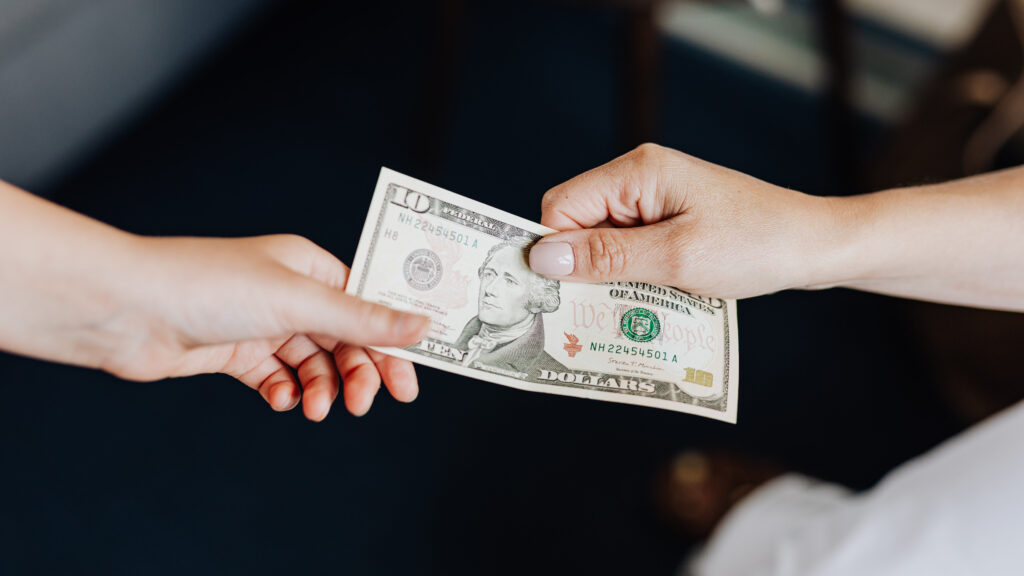
Debt could help us, or ruin us. Here are my 3 tips on debt.
Good Debt vs Bad Debt
- Debt means you owe someone else’s money, but what makes one debt better or worse than the others? There are a few factors determining if a debt is a good or bad debt:
- Interest rate: if the interest of the debt is higher than risk-free interest (let’s say 4%), it is most likely NOT a good debt.
- Loan structure: don’t only look at the current interest itself, is the debt on fixed interest or floating interest, how long is the debt, is it simple interest or compound interest? Do the math before you take up the loan.
- Purpose: if the debt is for consumption (e.g. credit card loan or car loan) it’s most likely NOT a good debt, as it will not help you accumulate wealth in any way, it will even make you poorer quickly; if the debt is to help you grow your wealth and wellbeing (e.g. education loan, housing mortgage) it will most likely help you in the long run.
Debt Snowball vs Debt Avalanche
- There are two camps of approaches when paying off debts.
- ‘Debt snowball’ refers to making the minimum payment on all debts and using extra funds to pay off the smallest debts first before moving to bigger ones. This creates a physiological momentum and is easy to implement.
- The debt avalanche method refers to making the minimum payment of all debts and using extra funds to pay off the debt with the highest interest rate. This is the mathematically smartest method but takes commitment to implement.
Debt-free before the FIRE phase
- When should you pay off all your debt? My own philosophy is to go debt-free by the end of your accumulation phase so you have total peace of mind going to semi or full retirement and enjoy financial independence. This might not be the most economical way, but do you still want to worry about mortgage payments, and interest rate changes, when you are no longer working full-time? What if you have some financial emergency and can’t afford to pay off the debt in time? Do you want that stress? The core of financial freedom is ‘independence’, debt-free gives you freedom.
债务可以帮助我们,也可以毁掉我们。这里是我关于债务的三个小贴士。
好债务 和 坏债务
债务代表你欠了别人钱,但是为什么有些债务相对好过其他债务?有几个因素要考虑。
- 利息:如果你的债务利息大过无风险利率(暂且用4%),通常不是什么好债务。
- 债务结构:不能单单只是看现在的借贷利息,你的贷款是固定利息还是浮动利息,是简单利息还是利滚利?在决定贷款要先把这笔账算清。
- 目的:如果你的债务是为了消费(比方说信用卡贷款或是车贷)通常不是什么好债务,因为它对你的财富积累没有任何帮助,反而会让你更快变穷;如果借贷可以帮助你提升自己或是积累财富(比如教育贷款,房屋贷款)这些通常是相对有用的。
雪球还债法 和 雪崩还债法
- 有两种比较流行的偿还债务的策略:
- 雪球法(像是滚雪球一样)指在付过每种债务的最低还款金额后,从最小的债务开始还清,然后去还大一点的债务。这个心理上会给你满足感,比较容易实施。
- 雪崩法指在付过每种债务的最低还款金额后,从最高利息的债务开始下手。这是数学上最合理的还债方式,但是需要强大的意志来坚持实施。
无债进入半退/退休阶段
- 你什么时候需要还清全部债务?我的理念是在财富积累的末期还完,所以你在进入半退休/退休时无债一身轻的享受财富自由。这可能不是在数学上最合理的,但是当你没有全职工作以后,你还想要为了还贷已经利息的变化而烦恼吗?如果你有经济上的紧急事件,不可以及时还贷,怎么办?你需要这样的压力吗?”自由“是财富自由的核心,无债会给你自由。
#debt #financialfreedom
For other topics on financial intelligence, you can find it here https://nickandmoney.com/category/fi/
Follow me on Twitter: https://twitter.com/nickandmoney
nick and money – improve your finances and wellbeing